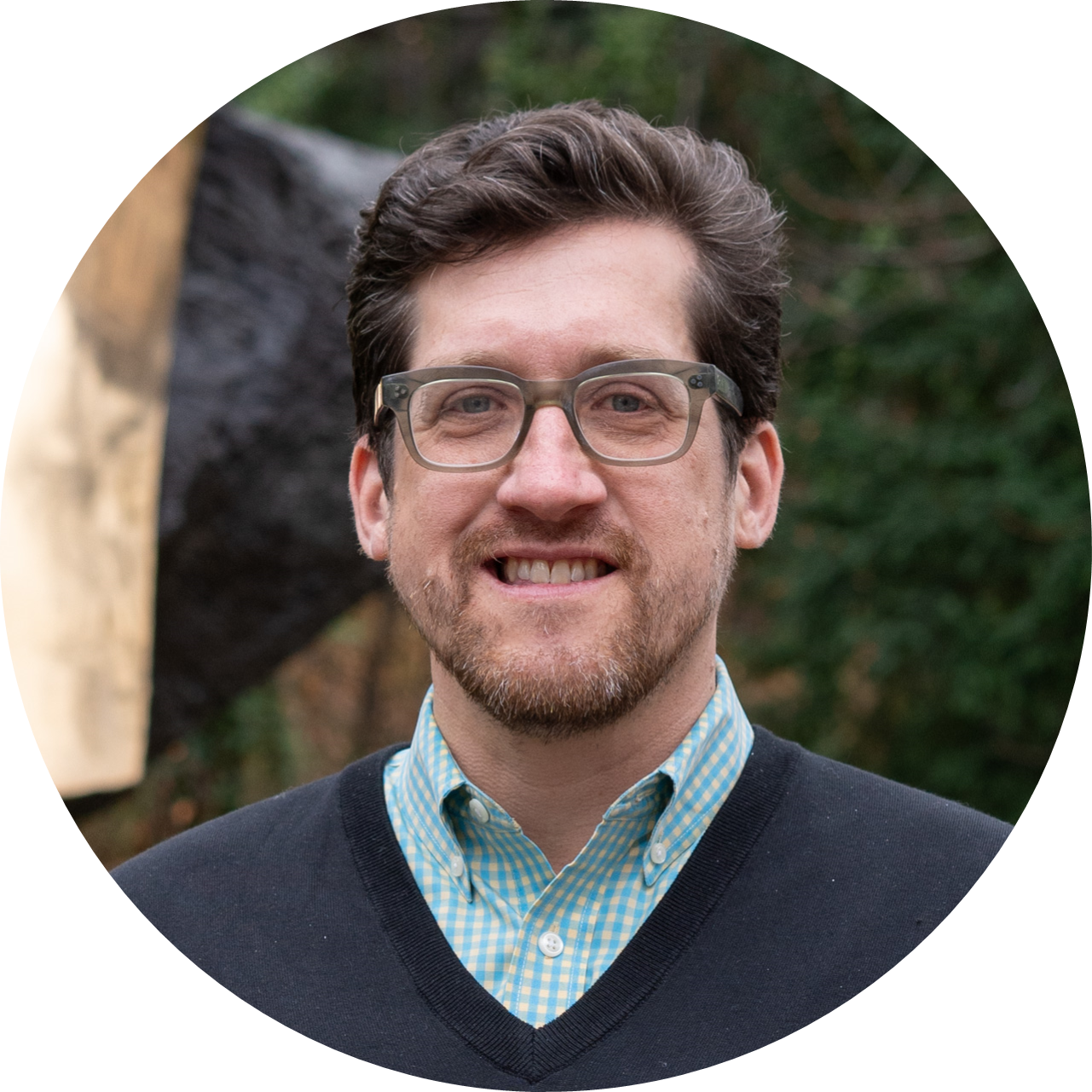Recurrent infections, Lyme disease, herpes virus infections, mononucleosis, bone and joint infections, latent tuberculosis, and more…providing comprehensive care to children with infectious diseases is a big task. Doctors in the Division of Infectious Diseases at the Children’s Hospital of Philadelphia provide diagnosis and management of acute and chronic pediatric infectious diseases. Physicians at CHOP are not only experts in providing clinical care, but also in education and research. With 429 applicants for the Salzburg CHOP Seminar in Pediatric Infectious Diseases, it is clear there is an immense interest in and need for international education in this field.
From December 10 to 16, 2023, 32 fellows from 26 countries came together to focus on updated guidelines, state-of-the-art treatments and diagnostic tests, and the latest understanding of the basic determinants of disease pathogenesis. There was also an emphasis on issues in public health, including epidemiological trends, vaccine hesitancy, and antibiotic stewardship. Additionally, new directions and developing ideas that will shape the field for years to come were discussed.
- 32 fellows
- 26 countries
- 429 applications
Dr. Paul J. Planet, Assistant Professor of Pediatrics in the Pediatric Infectious Disease Division of the Children’s Hospital of Philadelphia, led the course. Dr. Volker Strenger, Associate Professor in the Department of Pediatrics and Adolescent Medicine at the Medical University of Graz, served as the co-course director. Additional CHOP faculty from the USA included Dr. Hamid Bassiri, Dr. Kathleen Chiotos, and Dr. Kevin J. Downes.

Paul J. Planet, MD, PhD
OMI Course Director
The OMI is a unique opportunity to share information, medical practices, knowledge, and evidence in a setting that encourages active participation and the exchange of ideas. The fellows and faculty are extraordinarily diverse and bring a wealth of experience and expertise. The most important outcomes of the seminar are the long-term connections that lead to research collaborations, exchange programs, and a global network to discuss cases and provide the best care possible.
The experienced faculty proposed learning objectives for the course, in which by the end of the seminar, participants should be able to:
- Review common infectious presentations, diagnoses, management, and treatments.
- Describe the mechanisms, range, pharmacokinetics/pharmacodynamics of antibiotics, and the resistance mechanisms associated with them.
- Recognize the major types of immunodeficiency and the likely infections associated with them.
- Highlight innovations in use of small molecule inhibitors, targeted immunotherapies, and cellular therapies in stem cell transplantation, solid and liquid tumors.
- Develop strategies for addressing vaccine hesitancy.
- Describe the goals and implementation strategies for antibiotic stewardship.
- Understand the impact of the microbiome on infectious disease.
- Develop collaborative and global strategies for new implementation for infectious disease tracking, infection control, and intervention.
Fellows had a unique chance to present case presentations from their own personal work experience, allowing faculty to provide feedback and guidance for any uncertainties the fellows may have and regarding how to move forward in their practice. To take advantage of the beautiful holiday season in Austria, the faculty and fellows used their free afternoon to explore the Christmas markets in Salzburg and St. Wolfgang. To complete the week, faculty and fellows celebrated all they’d learned via the Friday evening dinner and graduation ceremony. What a week to conclude the 2023 OMI seminar program!











